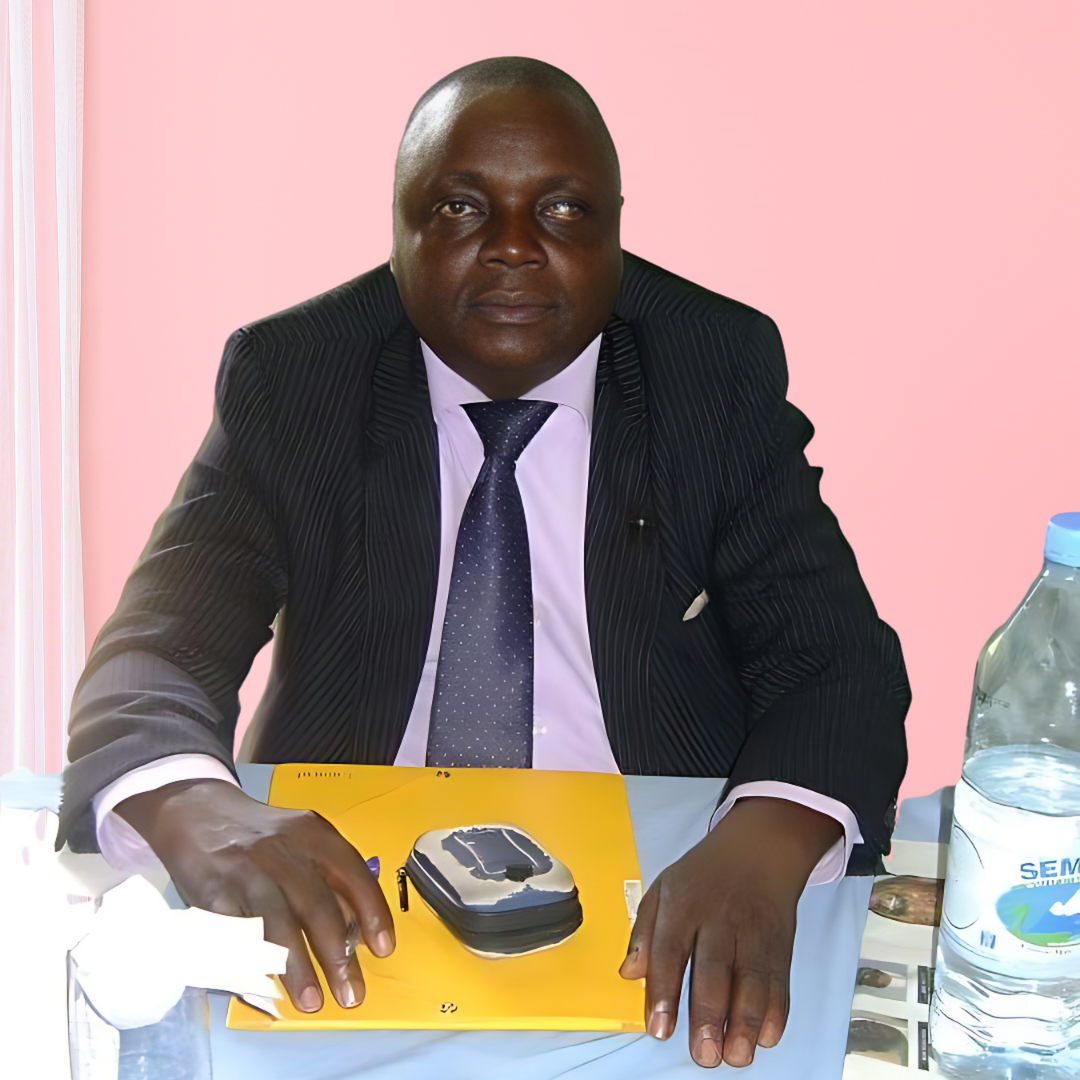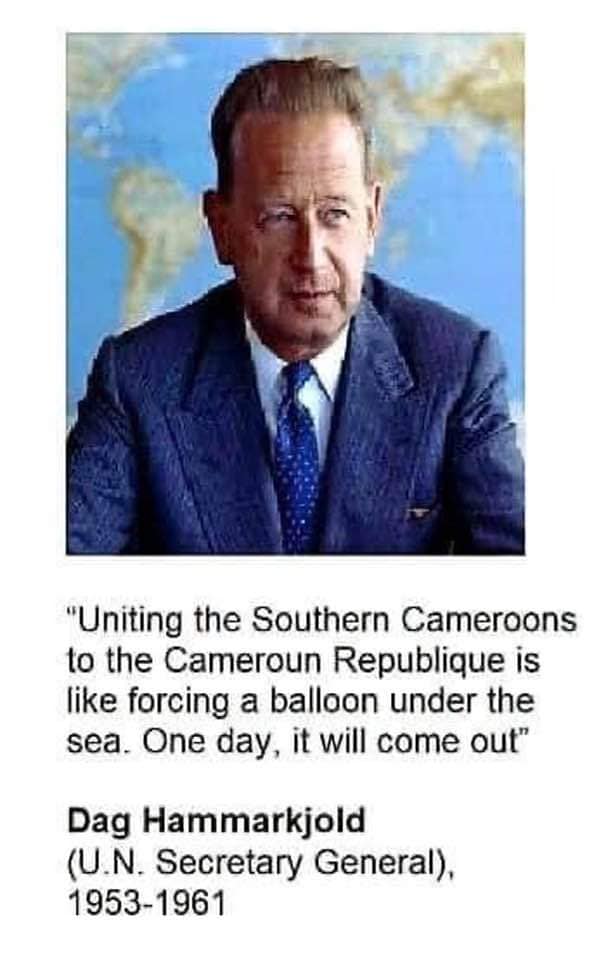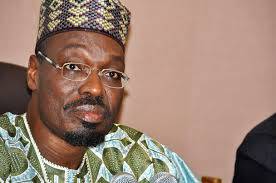The Naivety of Cameroonian Politicians & Electorates: A Cycle of Manipulation and Historical Amnesia
This questions the hypocrisy in why Cameroonian politicians, political commentators and the would-be electorates perceive Issa Tchiroma’s planned trip through Senegal, which is being framed as an “escape,” attempt, while Akere Muna and Cabral Libi’s foreign tours (including visits to Senegal and Ahidjo’s grave) are seen as normal political engagements? The answer lies in the deliberate manipulation of public perception by a political class that thrives on misinformation, distraction, historical revisionism, and the exploitation of collective amnesia.
But the problem runs deeper. Cameroonian politicians are even more naive and shortsighted than their electorates, not because they lack intelligence, but because their actions are driven by greed, power consolidation, and a complete disregard for moral integrity and national cohesion. This is not a new phenomenon—it is rooted in the very foundation of Cameroon’s post-independence governance, orchestrated by Amadou Ahidjo, whose legacy remains a dark chapter on the nation’s sociopolitical and economic trajectory.
Ahidjo’s Destructive Legacy: The Architect of Cameroon’s Downfall
1. Eliminating Progressive Opposition
– Ahidjo was installed by French colonialists as a Yes Man and a Neo-colonial/agreeable leader who would safeguard their interests. His first act was to brutally suppress the UPC—murdering its visionary leaders like Um Nyobé, Félix-Roland Moumié, and Ernest Ouandié—along with thousands of their supporters. These were men who fought for true independence, social justice, and Pan-African unity.
– By crushing the UPC, Ahidjo destroyed the only movement capable of challenging neocolonialism and assuring complete independence, setting the stage for decades of bad governance and autocratic rule.
2. The Annexation & Systematic Undermining of Southern Cameroons
– Under the pretence of “reunification,” Ahidjo hijacked Southern Cameroons’ sovereignty through a rigged plebiscite (1961) and later abolished the federation (1972), centralizing power in Yaoundé.
– He dismissed A.N. Jua, one of West Cameroon’s greatest Statesmen, a competent leader of the Cameroons, and replaced him with S.T. Muna, a loyalist who facilitated the economic strangulation of the region.
– All administrative and financial control was transferred to La République du Cameroun, dismantling the developmental progress of Southern Cameroons and reducing it to a marginalized territory.
3. Appointing Paul Biya: was “The Final Nail in the Coffin
– Ahidjo’s greatest betrayal was hand picking Paul Biya as his successor—a man with no vision, a shady personality, no charisma, and no commitment to democratic governance; in fact, his only striking attribute or “stock in trade” was his handsomeness which mesmerised more than 80% of the population especially the womenfolk to their peril.
– Biya not only continued Ahidjo’s repressive policies but has perfected them, turning Cameroon into a kleptocracy where corruption, electoral fraud, and human rights abuses became institutionalized.
The Hypocrisy of Modern Politicians: Paying Homage to Their Destroyer
Today, politicians like Akere Muna and Cabral Libi visit Ahidjo’s grave as if paying respects to a “great statesman,” ignoring that:
– Akere Muna’s father (S.T. Muna) was complicit in the subjugation of Southern Cameroons.
– Cabral Libi’s Bassa ancestors were massacred under Ahidjo’s regime during the Bassa revolt of the 1960s.
Why then should these men honour a dictator who oppressed their people? Because Cameroonian politics is not about ideology, goodwill, progress or justice—it’s about opportunism. They seek legitimacy by associating with past regimes, hoping to inherit their networks of power, even if those very networks destroyed the nation.
Conclusion: A People Trapped in Manipulation, political adventurism, electoral fraud and scams.
The Cameroonian electorate is indeed naive—but not more so than the politicians who keep recycling the same failed strategies. The real tragedy is that 60+ years after independence, Cameroon remains a nation held hostage by the ghosts of Ahidjo’s tyranny and Biya’s incompetence, with no meaningful opposition offering a genuine alternative that is void of selfish motives and greed.
Until Cameroonians confront their history, hold leaders accountable, and reject political theatre, the cycle of manipulation will continue. The question is not whether Issa Tchiroma is “escaping” or not—it’s why we keep falling for the same distractions while the country burns.
I rest my case. God’s Speed!
The Naivety of Cameroonian Politicians & Electorates





